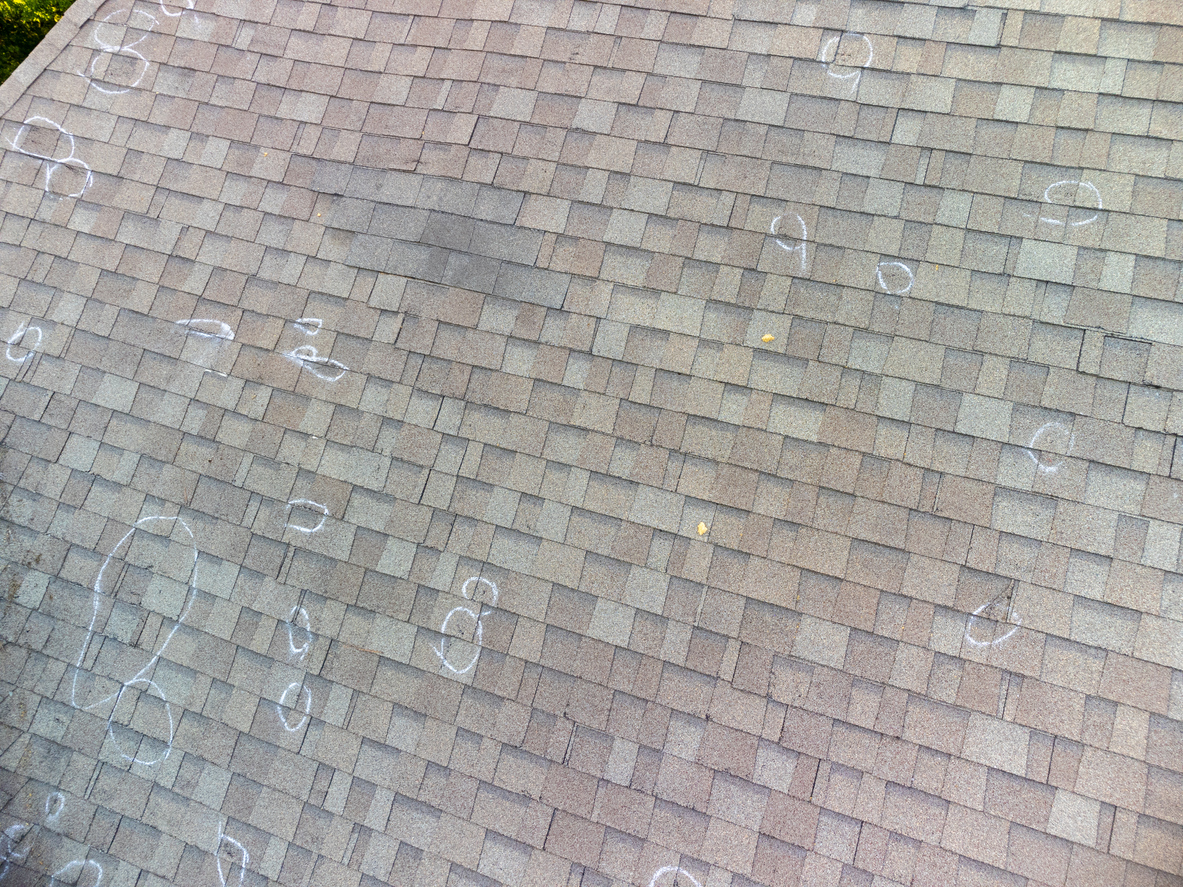The Supreme Court of Alabama addressed a number of bad faith issues in its decision on Jones v. Alfa Mutual Ins. Co., 1 So.3d 23 (2008). The decision is too lengthy to evaluate in a single post, so this week I will begin with the factual background of the case. The legal issues will be addressed individually over the course of the next few weeks.
The property damage insurance claim arose from damage to Harold and Pam Jones’ cattle farm in Coffee County on October 4, 1995, caused by Hurricane Opal. They filed a claim on October 6, 1995, with Alfa, their carrier. At first, two Alfa adjusters arrived at the residence to inspect the damages. Alfa agent Wendell Sanders then inspected the property and, according to the insureds, told them that they could proceed with a roof replacement. After Alfa adjuster Gary Bradshaw inspected the property, he consulted with his supervisor Hilton Godwin, an Alfa district claims manager, regarding Bradshaw’s uncertainty regarding some of the damages. It was determined that an engineer’s opinion was warranted, so structural engineer, Ralph E. Jones, was hired to inspect the property:
After inspecting the property, Ralph Jones told Harold Jones that if the Joneses’ house was located in Montgomery County he would say the damage was most likely caused by soil settlement but that the soil in Coffee County did not tend to cause settlement problems in structures. Harold alleges that Ralph Jones continued by saying that it was his belief that wind had become trapped in the carport of the house during Hurricane Opal and that the trapped wind had lifted the roof and had shifted the top of the house. Harold Jones recalls that Pam Jones and possibly Bradshaw were present when Ralph Jones made this statement. Ralph Jones, however, testified by deposition that he did not recall making such a statement.
Ralph Jones’ December 4, 1995 report reflects the following:
It is my opinion that the brick cracks, caulk separations, [S]heetrock cracks, and related damage along the north and east sides of the carport are due to settlement of the foundation in the vicinity of the northeast corner of the carport, and that this settlement and damage was not caused by wind forces or otherwise related to Hurricane Opal.
Bradshaw claims that he told Harold Jones by telephone that Ralph Jones’s report reflected that the cracks in the drywall and exterior brick veneer were not covered by the insurance policy and that Alfa would pay benefits only for the damage to the roof. Harold Jones, however, denied that Bradshaw ever told him that the claim would not be paid.
On December 29, 1995, Bradshaw wrote a letter to the insureds’ attorney, Bruce McLean:
Enclosed is an estimate for the replacement of the insured’s shingle roof and a draft representing payment less the deductible for that roof…I also understand that you are in possession of a copy of the engineer’s report which indicates that shifting and settlement of the insured house was not related to the hurricane winds. Should you have any questions concerning that report or any aspect of the insured’s claim or policy please feel free to give me a call. Also if there is any other damage that the insured has found as a result of the hurricane that we have not already addressed please have him to submit itemized estimates for those to be considered. I thank you for your help and cooperation and look forward to hearing from you.
The insureds contended that Alfa knew there were no cracks in their exterior brick veneer and interior drywall before Hurricane Opal.
On August 8, 1996, Bradshaw sent a memorandum to Richardson asking that the Joneses’ farm owner’s policy be canceled “based upon [the] engineer’s report after the hurricane that this house is suffering from settlement and structural damage, none of which was related to the storm but all attributed to the foundation.” Richardson responded to Bradshaw on August 13, 1996, stating the Joneses’ policy was to renew on September 9, 1996, that she did not receive Bradshaw’s memorandum until August 12, 1996, that insufficient time existed to give 30 days’ notice of nonrenewal before the renewal date, and thus that the policy would be renewed, but it would be renewed for only 6 months.
On or around January 14, 1997, Richardson sent a memorandum to Sanders, instructing him to raise the insureds’ deductible at the next renewal. In response to the memorandum, Sanders called Richardson and inquired if Alfa could legally raise the deductible while a claim was pending. Richardson told Sanders that she would inquire about the issue. On January 19, 1997, Alfa’s underwriting department signed off on the August 13, 1996, recommendation not to renew the insureds’ farm owner’s policy. On January 20, 1997, Alfa closed the insureds’ Hurricane Opal claim file and issued a $350 check for damage the barn sustained during the hurricane.
According to Sanders, he was unaware until March 1997 that the Joneses’ claim had been denied. Sanders stated that he had been told that Alfa “was working on” the claim. Pam Jones stated that on numerous occasions Sanders told the Joneses that he would take care of their claim and that there was no need to worry. According to both of the Joneses, Sanders told them that he would go to Montgomery and try to get their claim resolved. Sanders, however, stated that he never made any such offer. The Joneses contend that Sanders encouraged them not to pursue legal action on the claim, and Sanders admits that he would have asked them not to get a lawyer until an Alfa adjuster could talk to them.
On February 4, 1997, Alfa sent a letter to the Joneses notifying them that their farm owner’s policy was not being renewed as the result of “substantial change in the risk due to claims experience.” Harold Jones alleges that he had a conversation with Sanders about the nonrenewal in which Sanders stated that he would go to Alfa’s headquarters in Montgomery on his day off to help the Joneses become reinsured and that Sanders said “Alfa doesn’t stand a snowball [‘s] chance in hell because your house was not in this condition two months prior to me renewing your insurance.” According to Sanders, he did not promise the Joneses he would go to Montgomery on their behalf, but he did contact the Montgomery headquarters about the nonrenewal by discussing the matter with Jim Short, who was in charge of Alfa’s underwriting department. Sanders also contends that he made no statement to the Joneses about the likelihood of success or failure of a legal claim by the Joneses against Alfa.
Ultimately, the insureds’ policy with Alfa was not renewed.
In January and March 1997, the insureds received questionnaires from Alfa regarding their satisfaction with Alfa’s handling of their claim. They also received a telephone call from an Alfa representative seeking comments about the handling of their claim. A few days after the telephone call from the Alfa representative, Godwin telephoned the insureds and asked about their complaints with the claims process. According to the insureds, Godwin did not tell them that the claims which had not yet been settled were denied.
The insureds ultimately decided to file a 12-count complaint against Alfa, Bradshaw, and Ralph Jones on December 3, 1998. The defendants moved for a dismissal, contending that the statute of limitations expired before the insureds filed their action.
Next week, I will address the issue of whether the insureds filed their Complaint within the Statute of Limitations.



